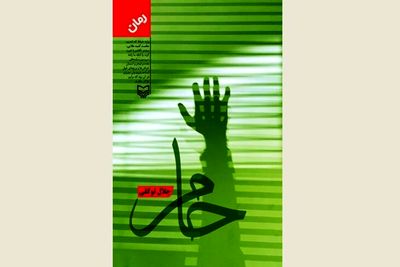What motivated you to begin writing this book, and how?
With the aid of Hollywood and the movie industry, Western advertising firms and Zionist media have been working for many years to legitimize the American military's presence in many regions of the world (particularly West Asia) and present them as the only saviors of the world and humanity while disguising their covert crimes and aggressions as a war against terrorism.
On the other hand, American soldiers and veterans who experience mental crises like committing suicide or the opposite of this process, i.e., being impacted by Shia instruction and the events of Karbala, are severely censored.
Concerning these issues, the absence of a book that may make references to existing documents was particularly felt. In light of this, I began writing the novel after conducting some research and studying.
How much time was spent conducting the research? Any specific issues that you ran into?
Two years or so. With credible sources, the study work wasn't too challenging. Field studies were where the primary issue lay. Iraq and the settings where the story took place were foreign to me. Of course, I had downloaded over a thousand images and videos of Iraqi citizens and various locations, as well as those of American soldiers stationed there. I also searched for and located every place I needed on Google Earth. However, I was very eager to visit those locations and interact with the locals firsthand.
The only option, then, was to watch practically every movie ever made regarding the wars in Iraq and Afghanistan. Sometimes I would watch a movie several times and listen to the characters' dialogue to become familiar with their speech patterns and to learn how to find phrases that would convey the same tone. Because American soldiers are infamous for using crude language in a cowboy-like manner, which was challenging for me to pull off.
Please describe the book's theme.
Perhaps, in a nutshell, it can be said that the story depicts the battle between right and wrong, God and the devil.
What do you think the most significant aspect of your book is?
The novel's freshness is its most prominent feature. To put it another way, I sought to depart from the usual narrative format and choose various points of view to depict Soldier Ryan's psychological and mental health, who is the main character of the novel. I should also mention that I took the tastes of the American audience into consideration when creating the work, regardless of whether it will be translated or not.
Could you provide us with a brief explanation of the book's name?
In Arabic, the word "haam" signifies "thirst" or "one seeking water," and in Hebrew, it means "hot and scorching." One of the characters in the book with the name Haam also has a series of experiences that the story revolves around him.
Source:Tehran Times

